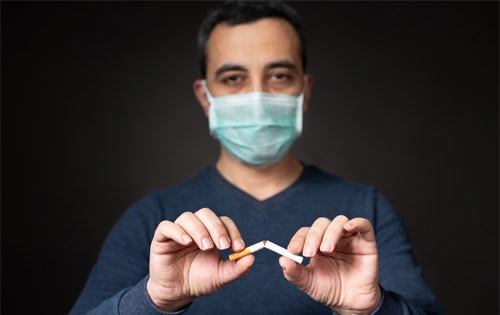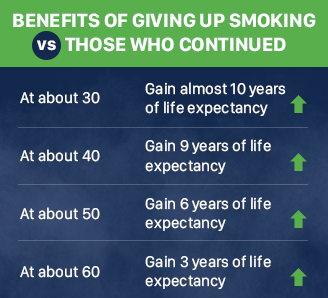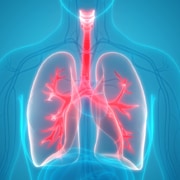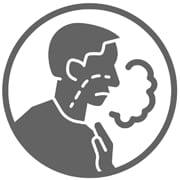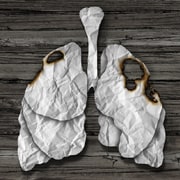World No-Tobacco Day is observed each year on May 31 across the globe to create awareness about the dangers of using tobacco. All forms of tobacco are harmful, and there is no safe level of exposure to tobacco. Cigarette smoking is the most common form of tobacco use. According to the World Health Organization, tobacco smoking is a known risk factor for many respiratory infections and increases the severity of respiratory diseases. A review of studies by public health experts convened by WHO, found that smokers are more likely to develop severe disease with COVID-19, compared to non-smokers.
Smoking is addictive in nature and most people struggle in quitting it. In this article, we are going to talk about the challenges faced by smokers in quitting smoking.
Dr Nikhil Modi from Indraprastha Apollo Hospital in Delhi, says that nicotine is the addictive substance in cigarettes which makes people get addicted to smoking. “When a person takes a puff from a cigarette, nicotine enters the lungs, form where it gets absorbed in the blood vessels. Nicotine is a very strong psychoactive stimulant. When it reaches the brain, it imparts feeling of satisfaction and pleasure,” he explains.
“Smokers often say that they are able to concentrate better after smoking. It releases their tension and makes them feel relaxed,” he adds while explaining why smokers usually get addicted to smoking.
Due to this addictive behaviour, over time, the psychological dependence increases and it becomes a challenge to quit smoking. “A great deal of will power is required for one to quit smoking,” says Dr Modi.
Withdrawal symptoms
When you begin with your journey to quit smoking, it helps to know what to expect through the process. Some people may have mild symptoms when they quit while others may find it harder. “Withdrawal symptoms can be challenging and because of such withdrawal symptoms, smokers give in to smoking again,” Dr. Modi adds.
Here are a few withdrawal symptoms to watch out for:
- Intense cravings
- Anxiety and irritability
- Anger and agitation
- Increase in appetite and weight gain
- Difficulty in sleeping and concentration
- Restlessness
Nicotine Replacement Therapy (NRT) products
For some people, quitting is more challenging than others. Products working on NRT can be helpful in this case, which provides small dosages of Nicotine which can help control withdrawal symptoms. “Over time, the nicotine dose is reduced and it can help a person quit smoking effectively,” he adds.
Does quitting smoking lead to weight gain?
One tends to feel lethargy and lack of energy after quitting smoking. The anxiety and other withdrawal symptoms can make a person eat more than usual.
Dr Modi says, “Basal metabolic rate might decrease after you quit smoking. This may lead to weight gain during the initial phases. A healthy lifestyle and regular exercise can prevent this.”
It is important to increase awareness about the benefits of quitting smoking among quitters.
Agrees Dr Sudha Kansal, Senior Consultant Pulmonology and Chest Physician, Indraprastha Apollo Hospital, who says, “people who smoke should be educated about the complications of smoking and understand the benefits of cessation. Quitting smoking is the best thing one can do for their health. Knowing the multi-fold benefits of quitting can prevent a relapse in smokers. The family needs to be actively involved in helping a person quit smoking.”
When asked about what a smoker can do in case of relapse, Dr. Modi said, “one should get professional help without delay. Whenever you feel the urge to smoke, it'll help to call a friend or simply leave the situation which makes you want to smoke.” To face such challenges it'll also help to take a deep breath, have water or maybe go for a walk and ask yourself if you really want to be a smoker again.
(Dr Nikhil Modi, Senior Consultant, Respiratory, Critical Care And Sleep Disorder, Institutes of Critical Care; and Dr Sudha Kansal, Senior Consultant Pulmonology and Chest Physician at Indraprastha Apollo Hospital Indraprastha Apollo Hospital, New Delhi)
Source: https://www.who.int/news-room/detail/11-05-2020-who-statement-tobacco-use-and-covid-19
Disclaimer:
This content including advice provides generic information only. It is in no way a substitute for qualified medical opinion. Always consult a specialist or your own doctor for more information. NDTV does not claim responsibility for this information.
The information and the contents are for information and reference only. Cipla or the authors of the articles do not promote, use or endorse any product or encourage use of specific drugs in any way. Neither Cipla or the author are responsible for claims or action arising from use of the information. Viewers should consult their doctor to determine the right way to use NRT for their health.


